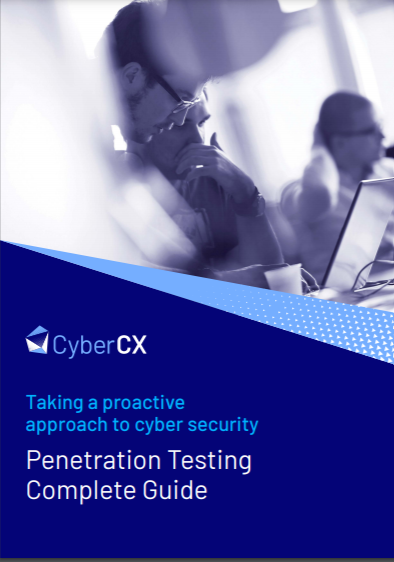Hackers target LinkedIn users with fake job offers to spread malware
The Golden Chicken group is selling the More_Eggs backdoor to other groups as a malware as a service (MaaS) model


The Golden Chicken hacking group is targeting LinkedIn users with fake job offers to infect them with a sophisticated malware strain that can allow them to take control of victims’ computers.
These hackers spread the More_Eggs malware by spear phishing victims with a malicious .ZIP file using the victim's job as listed on LinkedIn, according to the security firm eSentire.
These files are titled to mirror the exact job title. For example, a user listing ‘Senior Account Executive International Freight’ as their job will be sent a malicious .ZIP file titled ‘Senior Account Executive - International Freight position’.
Once opened, victims initiate the stealthy installation of the More_eggs backdoor that can download additional malicious plugins and provide remote access to their device.
Golden Chicken sell the backdoor under a malware as a service (MaaS) arrangement to other cyber criminals, made possible by More_Eggs’ tendency to maintain a stealthy profile by abusing legitimate Windows processes.
Researchers with eSentire disrupted an active spear phishing incident in which a health tech professional downloaded and executed a malicious .ZIP file.
RELATED RESOURCE

The researchers saw the victim unwittingly activate VenomLNK, an initial stage of More_Eggs that abused Windows Management Instrumentation to enable the plugin loader, TerraLoader. This, in turn, hijacks the cmstp and regsvr32 processes.
Sign up today and you will receive a free copy of our Future Focus 2025 report - the leading guidance on AI, cybersecurity and other IT challenges as per 700+ senior executives
While TerraLoader is being initiated, a decoy Word document is presented to the victim to impersonate a job application but serves no functional purpose in the infection. This is simply a decoy that distracts the user from the background tasks of More_Eggs.
TerraLoader then installs msxsl in the user’s roaming profile and loads the payload, before signalling to a command and control (C&C) server through the copy of msxsl. This beacon then communicates that the More_Eggs backdoor is ready for Golden Chicken’s customer to log in and begin carrying out their goal.
Possibilities, depending on the group that More_Eggs is sold to on the MaaS model, include infecting with additional malware strains, such as ransomware, or getting a foothold into the victim’s network to exfiltrate data.
The eSentire researchers have so far been unable to determine what the ultimate purposes of this campaign might be, although it mirrors a similar campaign reported in February 2019 which also involved the More_Eggs backdoor.

Keumars Afifi-Sabet is a writer and editor that specialises in public sector, cyber security, and cloud computing. He first joined ITPro as a staff writer in April 2018 and eventually became its Features Editor. Although a regular contributor to other tech sites in the past, these days you will find Keumars on LiveScience, where he runs its Technology section.
-
 Microsoft unveils Maia 200 accelerator, claiming better performance per dollar than Amazon and Google
Microsoft unveils Maia 200 accelerator, claiming better performance per dollar than Amazon and GoogleNews The launch of Microsoft’s second-generation silicon solidifies its mission to scale AI workloads and directly control more of its infrastructure
-
 Infosys expands Swiss footprint with new Zurich office
Infosys expands Swiss footprint with new Zurich officeNews The firm has relocated its Swiss headquarters to support partners delivering AI-led digital transformation